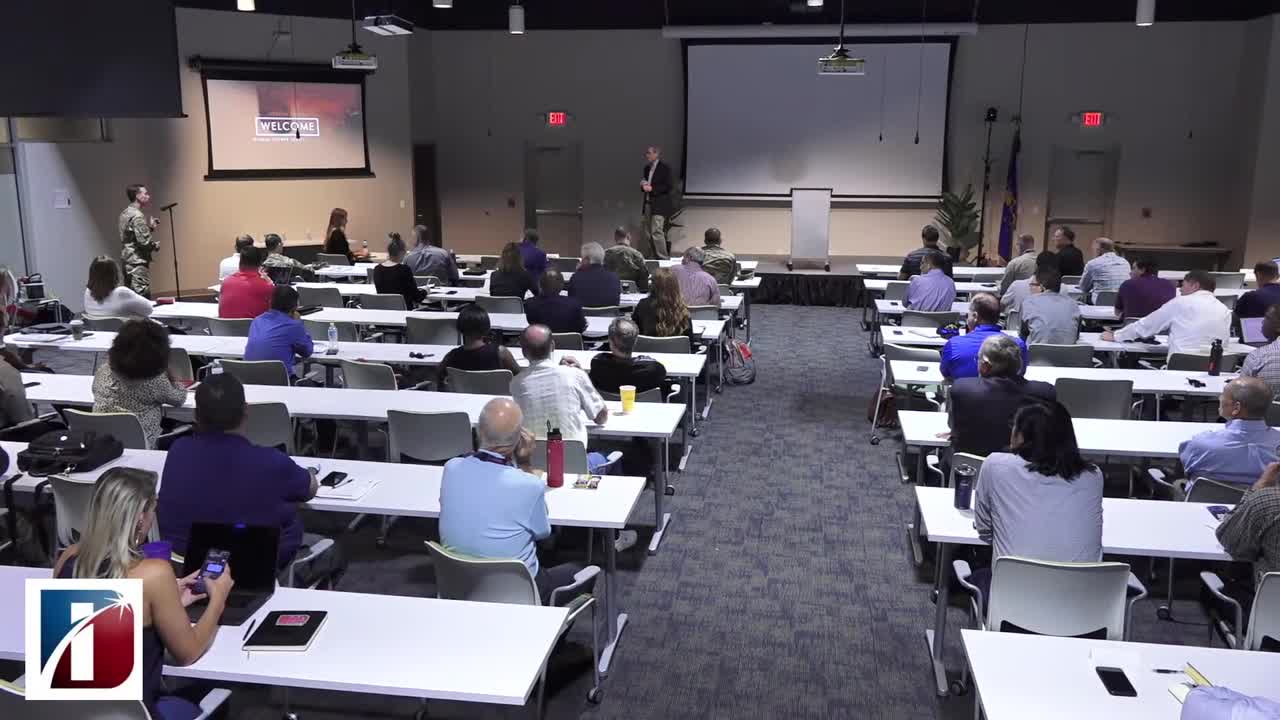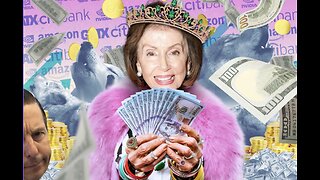Premium Only Content

Gordon Change - Unvarnished Thoughts on China 2021
BE SURE TO GIVE THIS VIDEO A RUMBLE AND SUBSCRIBE TO OUR CHANNEL!
Lecture conducted on live stream 07-June-2021 at the Dolittle Institute Global Futures Speaker Series: China 2.0
Session 1: Nature of the Chinese Regime
Communist Party rule has changed dramatically under Xi Jinping, who took power at the end of 2012. Gone is consensus-style management. Gone are live-and-let-live politics. As observers have said, China is now back to the political struggles of the I-live-you-die era of Mao Zedong. Now, Xi rules by himself, making China even less predictable. And he has accentuated the repressive policies of his predecessors, moving China away from authoritarianism and toward totalitarianism. The regime is semi-totalitarian these days with, among other things, its social credit system, surveillance mechanisms, and “Great Firewall.” Most notably, Xi has been the driving force behind the genocide against the Uighurs and other minorities, and now he is waging a struggle against all faith. The Chinese system is malicious. We can see this in the regime’s criminal activities and in its handling of the coronavirus.
Session 2: Foreign Policy
The Communist Party’s foreign policy has always been tightly bound to domestic political intrigue, and that is even more true under Xi. The “Wolf Warrior” diplomacy, therefore, tells us something is wrong in Beijing. China is intensifying its efforts to break apart neighbors, from India to Nepal to the Philippines to Japan, and Beijing is determined to annex Taiwan within five years. Chinese forces are also challenging the U.S. Navy and U.S. Air Force in the global commons.
Aggressive Chinese actions have forced America and China’s neighbors to work closer than before. Most notably, the Quad—Australia, India, Japan, and the U.S.—has taken shape and begun to operationalize itself. Moreover, European nations are now patrolling Asian waters. Similarly, countries—especially America, India, and Japan—are working more closely with Taiwan to counter Beijing’s annexation threats. Xi, ominously, is talking about China’s right to rule tianxia, “All under Heaven. China is not competing with the United States in the existing Westphalian international system; it wants to rule the world. China’s space officials even floated the idea that the moon and Mars will one day be part of the People’s Republic. China once talked about spanning the world with its Belt & Road infrastructure, but that grand effort seems to have stalled in recent years as countries defaulted on their loans to Beijing. China cannot afford all its geopolitical ambitions, and America can make it even more costly for the Chinese to collect on Belt & Road debt. The No. 1 goal of the Communist Party's foreign policy is keeping the Communist Party in power. That means the U.S. cannot maintain cooperative relations with that ruling organization. Chinese leaders do not think they can co-exist with America due to America’s enormous inspirational impact on the Chinese people.
Session 3: China’s Vulnerabilities
Beijing may be moving so aggressively because its leaders know that an overstretched China faces critical vulnerabilities. Its economy is not nearly as productive as reported, its environment is degraded, it is increasingly unable to feed itself. The Chinese people are restive, something we see in Hong Kong. And if this were not bad enough, China is on track to experience history’s sharpest population decline in the absence of war and disease. That country is now more than four times more populous than America; by the end of this century, America could have more people than China. Meanwhile, China has made some impressive advances in technology, but the Communist Party’s complete demand for obedience will mean it will not be able to out-innovate creative Americans in the long run. America can slow China’s efforts by cutting off tech cooperation by mobilizing resources at home as the Chinese do. China’s closing window means that the 2020s are, as some have said, the “Decade of Concern.” Beijing will soon realize—if it has not already—that it is “now or never.”
Session 4: Audience Questions
A snippet of this conference can be seen here:
https://rumble.com/v1rs4ic-gordon-chang-predicts-something-about-china-you-will-not-believe.html
See a later conference 29-Apr-2022) here:
https://rumble.com/v1txpb6-gordon-chang-global-futures-speaker-series-china-2.0.html
Mirrored from outube.com/watch?v=_X3FNzWlxJM | Dolittle Institute
-
 6:47
6:47
Decisive Liberty
5 months agoIt Took Only ONE Leader to Stop the Great Reset
263 -
 1:33:25
1:33:25
Jeff Ahern
5 hours ago $5.58 earnedThe Saturday Show with Jeff Ahern
21.2K7 -
 LIVE
LIVE
Spartan
3 hours agoStellar Blade Hard Mode with death counter (First Playthrough)
30 watching -
 LIVE
LIVE
GrimmHollywood
5 hours ago🔴LIVE • GRIMM HOLLYWOOD • SGT WILKY'S WARZONE PALOOZA 2 •
108 watching -
 20:36
20:36
It’s the Final Round
4 hours ago $5.48 earnedNBA Best Bets & Player Props | Full Analysis & Predictions, FREE Today (Saturday 11/9) November 9th
23.3K2 -
 LIVE
LIVE
The Real Tombliboos - Live Streaming
16 hours ago $1.92 earned🎮 Charity Stream for Extra Life 4 Kids! ❤ Supporting Texas Children’s Hospital ! 🙌
92 watching -
 LIVE
LIVE
Amarok_X
6 hours ago $0.23 earned🟢LIVE | BF6 REDSEC | OPERATION 100 FOLLOWERS | VETERAN GAMER
17 watching -
 18:08
18:08
Professor Nez
6 hours ago⚠ Charlie Kirk WARNED America about Zohran Mamdani
18.1K80 -
 LIVE
LIVE
GritsGG
5 hours ago#1 Most Warzone Wins 3943+!
23 watching -
 4:27:15
4:27:15
FoeDubb
5 hours ago🏰KINGDOM MENU: 🎮💻SHORT SESH ON DECK VIBES ON DECK DILLY DILLY!!!
1.93K